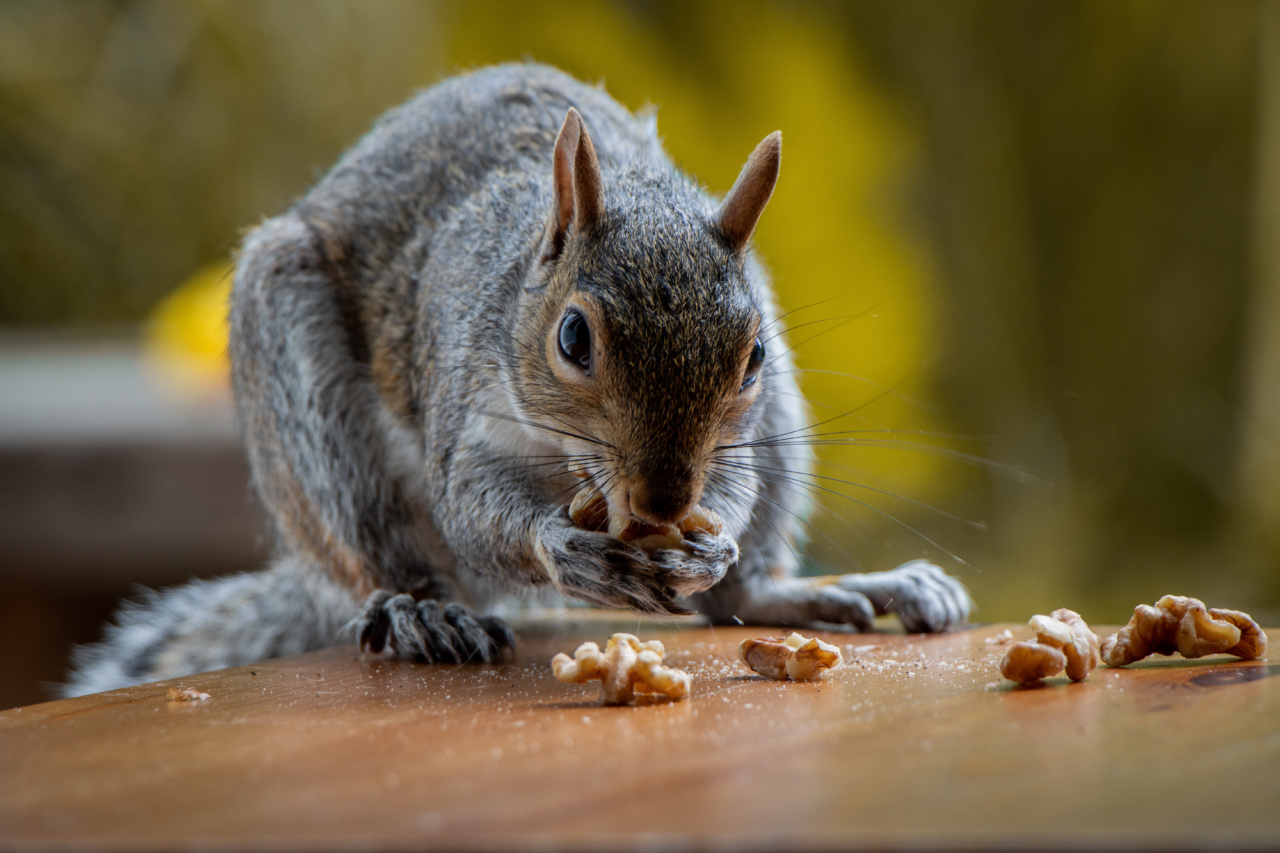Nuts, in general, are considered healthy snacks due to their high protein, fiber, and healthy fat content. They also provide several essential vitamins and minerals.
However, not all nuts are created equal, and some varieties can hinder your weight loss goals. Below we have listed some nuts that you should avoid if you are trying to lose weight.
Cashews
Cashews are one of the least weight-loss-friendly nuts as they contain a significant amount of calories and fat. One ounce of cashews contains about 157 calories and nine grams of fat.
Although they contain healthy fats, eating too many cashews can lead to weight gain. Additionally, they have a high carbohydrate content, which can spike your blood sugar levels, leading to cravings and hunger pangs.
Pistachios
Pistachios are nutrient-dense nuts, but they are high in calories and fat, making them a poor choice for those aiming for weight loss. One ounce of pistachios contains approximately 159 calories and 13 grams of fat.
They are also easy to overeat, which can lead to weight gain. You might find it challenging to keep track of your calorie intake when snacking on pistachios as they require shelling, which can help pass the time without realizing how much you have eaten.
Macadamia Nuts
Macadamia nuts are the richest in fat among all the nuts, with one ounce containing about 200 calories and 21 grams of fat. Though they are ideal for ketogenic diets, they are not the best option for weight loss enthusiasts.
An excess of macadamia nuts can cause a considerable caloric surplus that your body stores as fat. People with heart disease or high cholesterol levels should also be wary of consuming macadamias as they are high in saturated fat.
Brazil Nuts
Brazil nuts are rich in selenium, an essential mineral that promotes thyroid function and supports the immune system. However, they can also be detrimental to your weight loss goals.
One ounce of Brazil nuts contains about 186 calories and 19 grams of fat. Additionally, they are often sold in portions that exceed one ounce, which can lead to overeating and subsequent weight gain.
Almonds
Almonds are commonly included in weight loss diets due to their high fiber and protein content. They also contain healthy fats that can help keep you full for an extended period.
Despite this, it’s easy to overeat almonds as one ounce contains roughly 163 calories and 14 grams of fat. They are also highly palatable and can trigger overconsumption if not monitored. Additionally, store-bought almond butter is often loaded with added sugars and oils, making it unsuitable for weight loss.
Chestnuts
Chestnuts contain fewer calories and less fat than most nuts, making them a lower-calorie snack option. However, they are also higher in carbohydrates, containing approximately 40 grams of carbohydrates in 100 grams compared to only two grams of fat.
This can cause blood sugar imbalances, leading to heightened cravings and hunger pangs. They are also relatively low in protein, which can make it difficult for you to feel satiated and full.
Pecans
Pecans are a tasty and nutrient-dense snack that is high in healthy fats. Unfortunately, one ounce of pecans contains around 193 calories and 20 grams of fat. They are also easy to overeat since they are commonly sold in snack packs that exceed one ounce.
Additionally, pecan pies, a popular dessert featuring these nuts, tend to be loaded with high amounts of added sugars and oils, making it a poor choice for weight loss.
Walnuts
Walnuts are abundant in healthy fats, fiber, and antioxidants. They also contain higher amounts of omega-3 fatty acids than other nuts. However, one ounce of walnuts contains around 185 calories and 18 grams of fat.
They can also trigger overeating if not careful, especially if you have a habit of mindless snacking. Finally, many store-bought walnut snacks and butter contain added sugars and salt, making them unsuitable for weight loss.
Soy nuts
Soy nuts are a popular plant-based snack that is low in carbohydrates and high in protein. Though they are marketed as a healthy snack alternative, they come with a few caveats.
Most brands of soy nuts are roasted in oil, significantly increasing their fat and calorie content. Additionally, they can be contaminated with harmful chemicals such as hexane, which can cause significant health issues if consumed in high quantities.
Candied Nuts
Candied nuts are nuts that are cooked with sugar or honey to create a sweet and crunchy snack. Although they are delicious, they are the least weight loss-friendly nuts.
The added sugars can increase the calorie count significantly and make the nuts less nutritious. Additionally, they can trigger a sugar addiction, leading to weight gain and other health issues.
In summary, nuts are a great source of nutrients, healthy fats, and fiber, but some are better for weight loss than others. If you are trying to drop some pounds, it’s best to avoid the nuts listed above or consume them in moderation.































